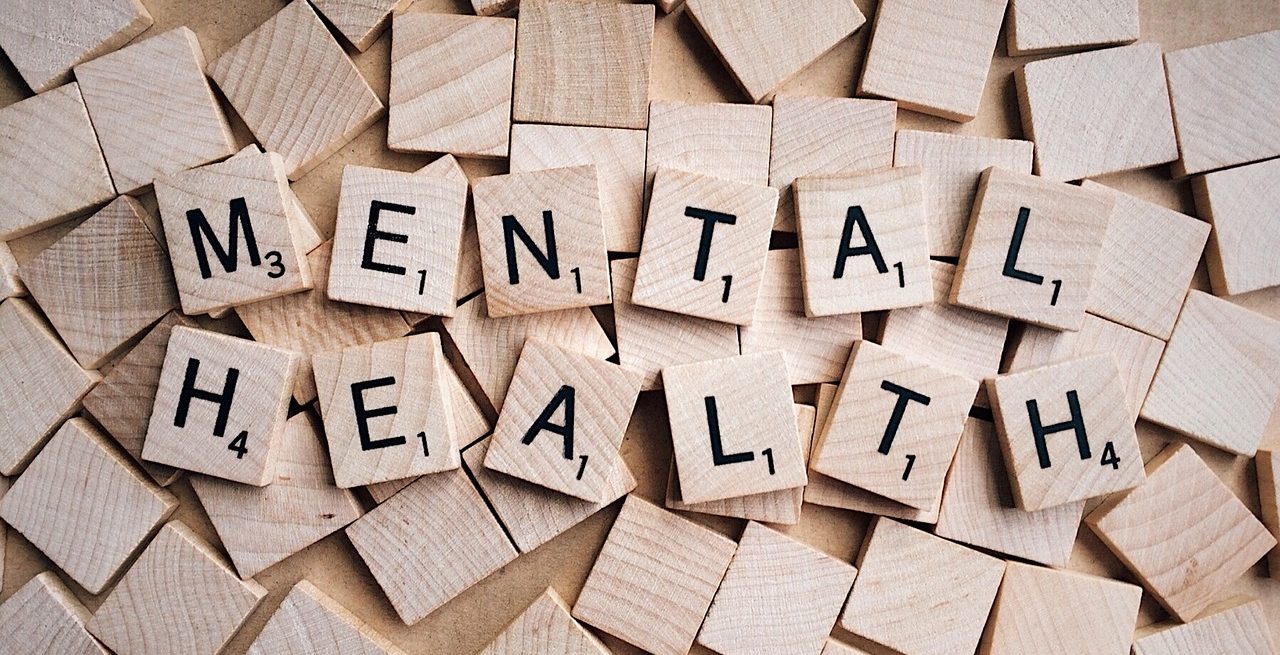Prioritize Mental Health: Strategies for Managing Stress in Restaurants
3 Min Read By Mental Health First Aid from National Council for Mental Wellbeing
Working in a restaurant is a marathon, not a sprint. To get through a long shift, chefs, managers, servers, hosts and waitstaff need to make wise decisions and take care of their health.
Whether you work in the front of house or in the kitchen, the stressors of every shift can wear you down. Eventually the weight of it all can take a toll on your emotional and physical wellbeing. If that toll is not addressed, anxiety, depression and other mental health challenges can develop. You might feel tempted or even peer-pressured to rely on substances to deal with the stress.
In a survey conducted by AmericanAddictionCenters.org, one in ten food service industry workers reported that they are under the influence of drugs for the majority of their work shifts, and around one in 20 alcohol.
Factors that can influence unhealthy coping strategies in the restaurant industry include:
- A culture that encourages substance use.
- Excessive workloads.
- Expectations to pick up additional shifts.
- Low hourly wages with dependence on tips.
- No sense of purpose or value at work.
- Poor relationships with coworkers (e.g., isolation in back of house).
- Unpredictable income and schedule.
- Workplace culture where perfection is required and rarely acknowledged or rewarded.
The National Council for Mental Wellbeing recognizes the need for mental health and substance use support in the restaurant industry. It developed Mental Health First Aid (MHFA) at Work with a curriculum specifically for the restaurant industry, MHFA at Work for Restaurants. The training teaches employees at every level how to recognize and respond to colleagues who may be experiencing a mental health or substance use challenge.
MHFA at Work for Restaurant offers flexible mental health training options that build on each other, beginning with a self-paced, mobile-friendly eLearning course that can be completed within two hours, to a two-hour Instructor-led workshop where HR professionals and company leaders discuss the current mental health culture and create a cohesive strategy to address factors that may be impacting workers negatively.
“The shocking and tragic death of esteemed chef Anthony Bourdain placed a necessary spotlight on the mental health of restaurant workers," said Modern Restaurant Management Executive Editor Barbara Castiglia. “The pain points of the pandemic only increased the need for the industry to emphasize and examine the issue to find solutions. It’s vital to support restaurant staff and teach them how to cope with the many stresses that surround the daily life of a restaurant.”
Here are some healthy habits to weave into your work day:
- Set down the coffee pot — Behind the scenes of any restaurant, the coffee is brewing and energy drinks line the counter. While caffeine may give a temporary boost of energy, high amounts can increase blood pressure, affect sleeping habits and make people feel anxious. Monitor caffeine intake, such as soda, energy drinks and coffee. Opt for lots of water and cut off caffeine four to six hours before bedtime.
- Normalize outdoor breaks for all staff — A reality in the restaurant industry is that workers who take their breaks outdoors are usually stepping out to smoke. If you don’t smoke but would like to take your break outside, talk to management. Consider designating spaces for people who smoke and people who don’t to avoid smoke sensitivities. Being outside has been shown to improve mood and concentration, which are musts for everyone working in the restaurant industry. Plus, if it’s light outside, you'll soak up some Vitamin D, which can protect against depression.
- Reflect on your entire shift — from the missed ticket to the great tip. Did you have a difficult table that ended on a positive note? Was there a negative interaction with the expo or the cooks? Take time at the end of every shift to think about positive experiences as well as pain points. Ask yourself what you could have handled differently and what was out of your control.
- Get to know fellow employees throughout the restaurant —Taking time to talk and be friendly with coworkers can create a deeper level of trust and comfort. Learning people’s backgrounds and stories can strengthen the feeling of teamwork and cohesiveness.
- Normalize talking about mental health and substance use challenges — No one is immune to mental health and substance use challenges. Openly discussing the topics will destigmatize mental wellness. MHFA at Work for Restaurants gives employees the framework they need to confidently help someone in need.
People in the restaurant industry are trained to serve others to the best of their ability. But the anxiety and stress that come along with those high expectations and long hours are taxing. Prioritizing self-care during shifts and at home will help ensure a longer, happier career in the food, beverage and hospitality industry.
Learn more about MHFA at Work for Restaurants.

